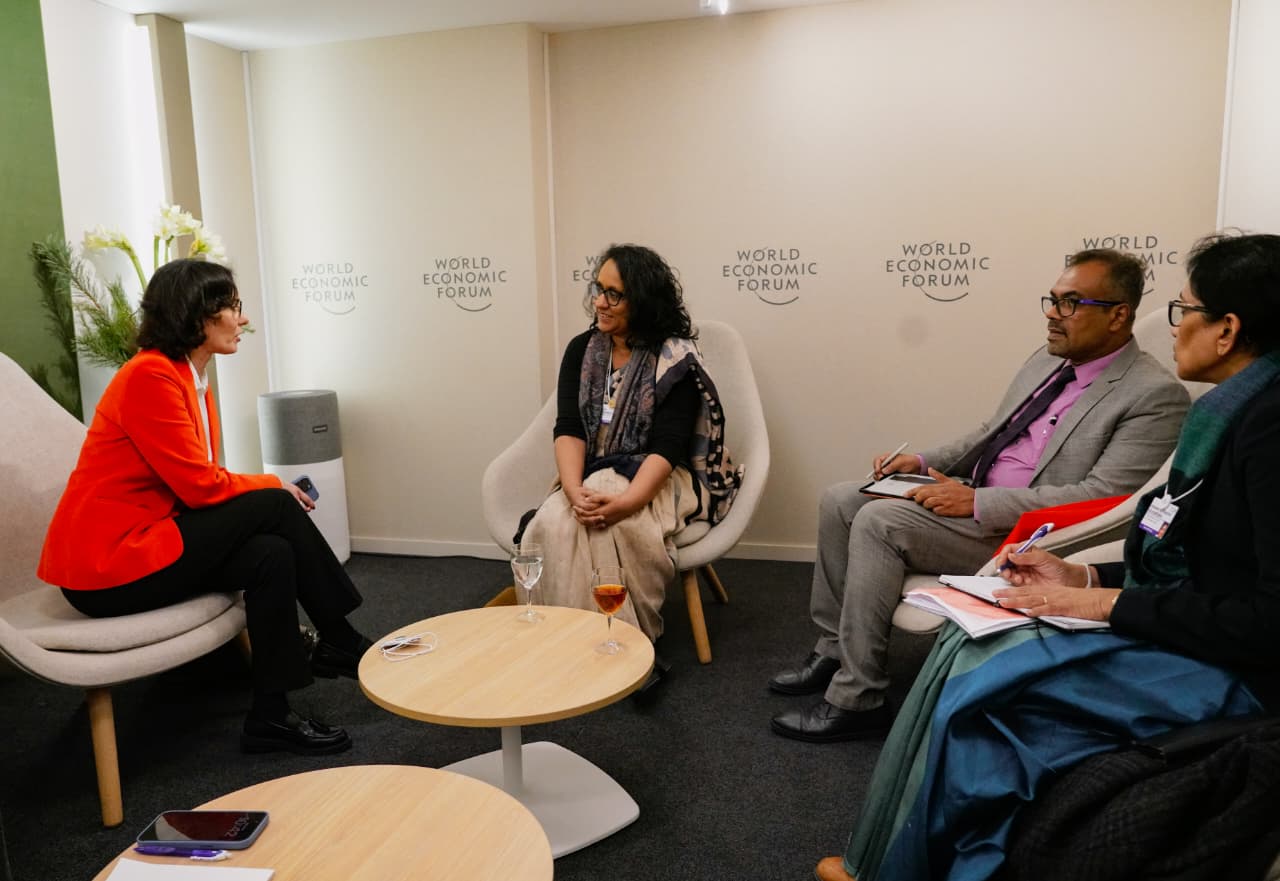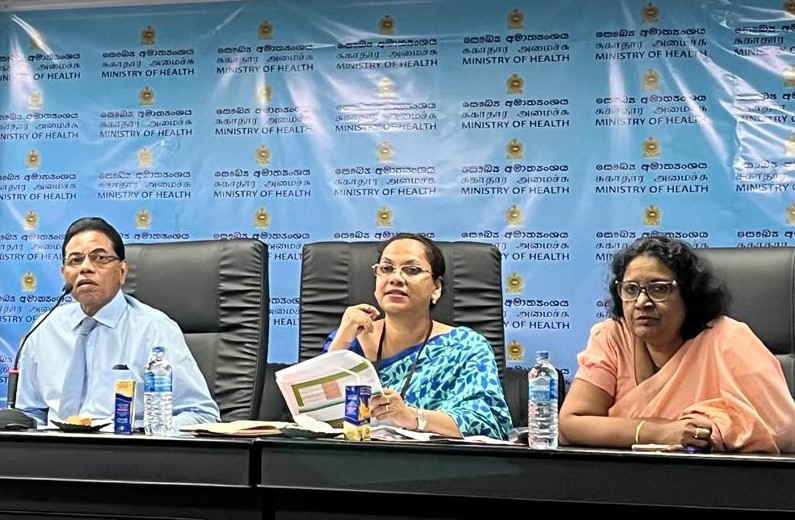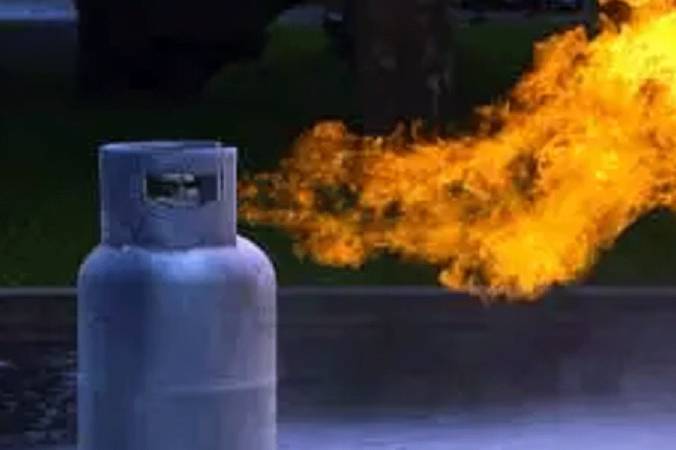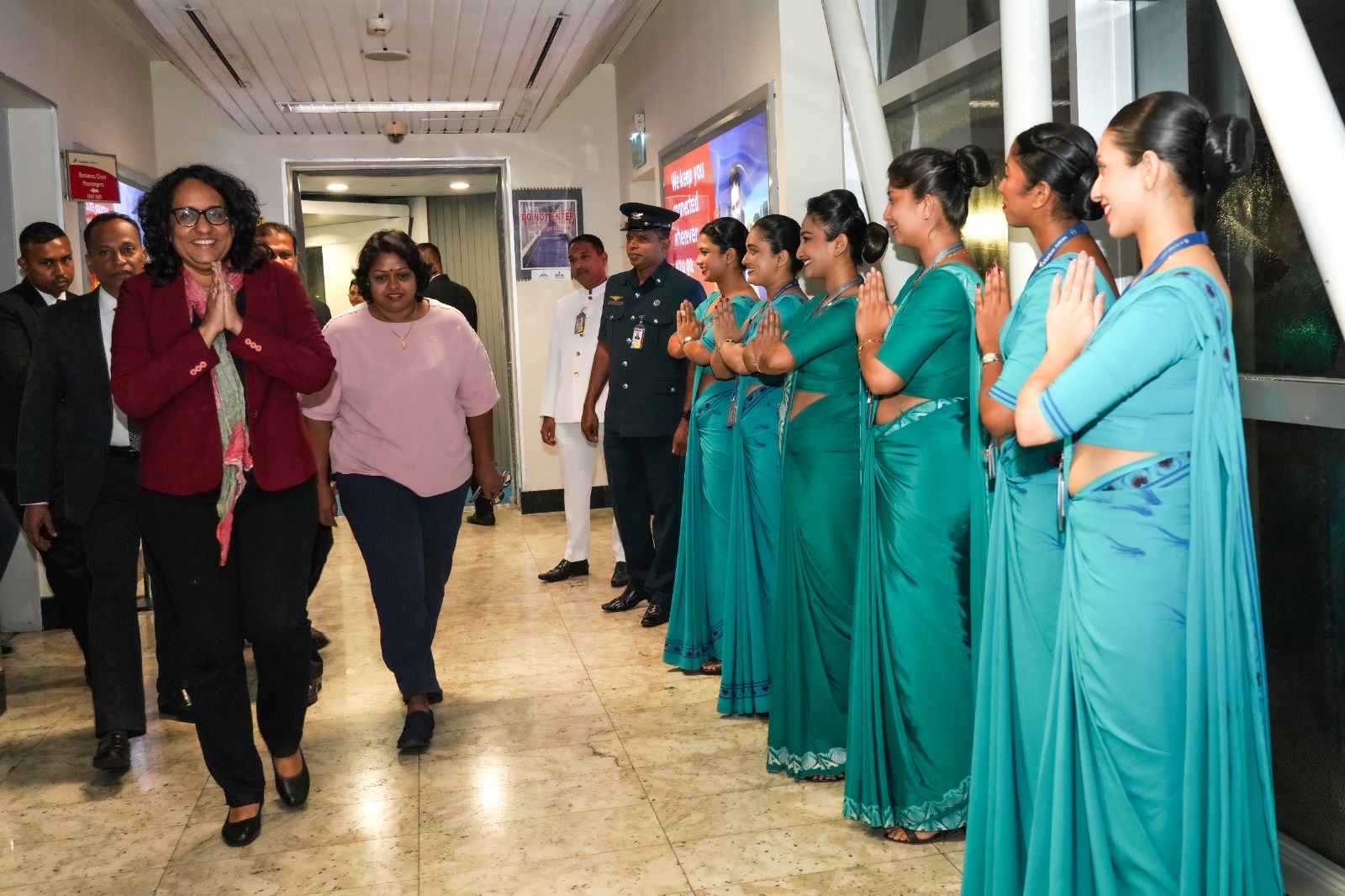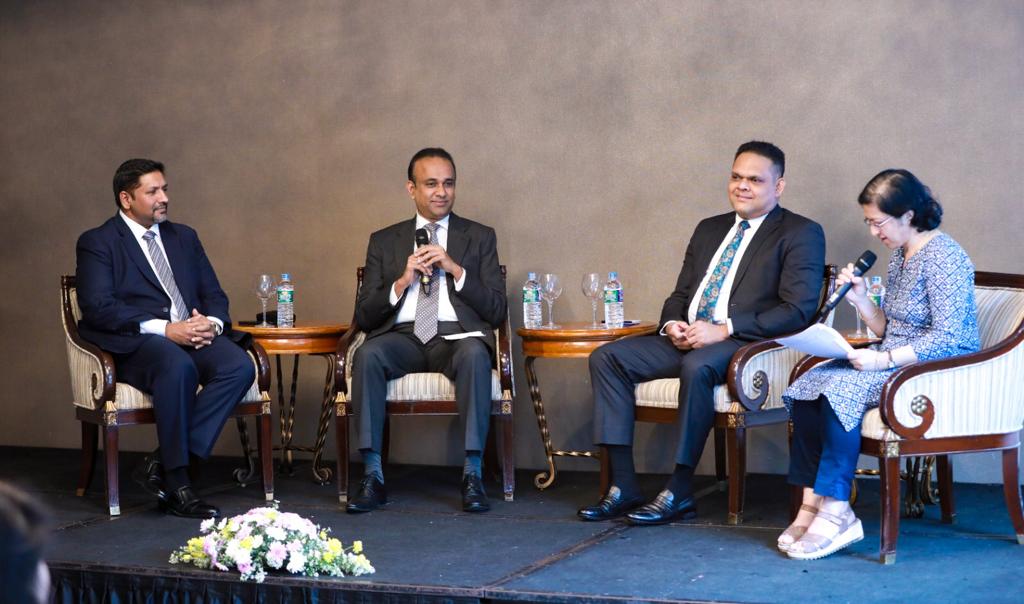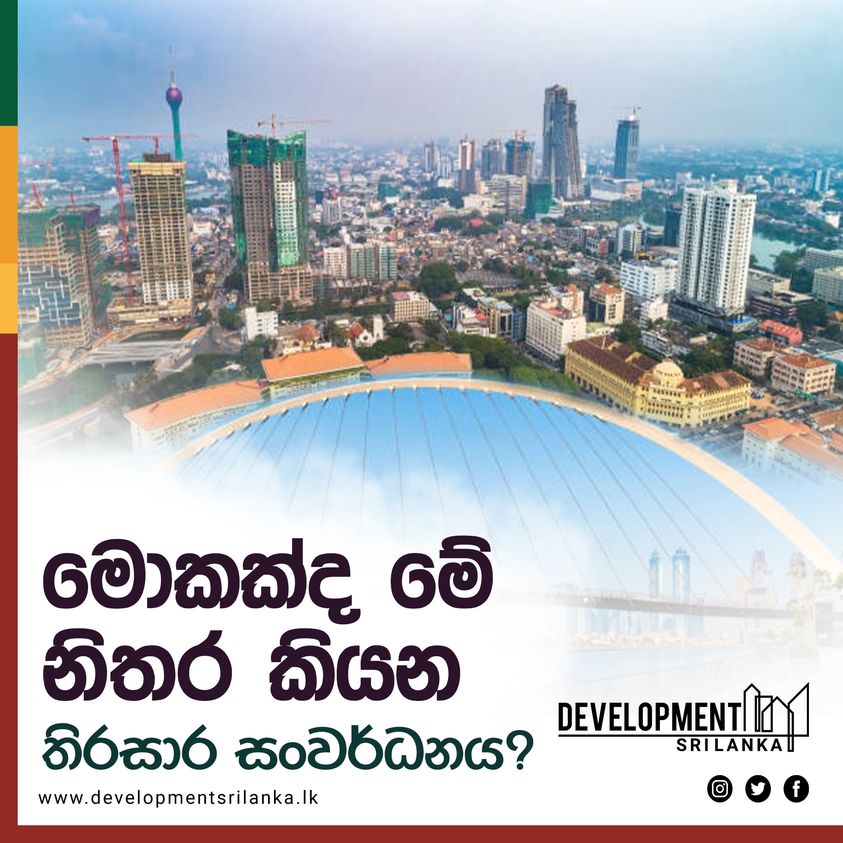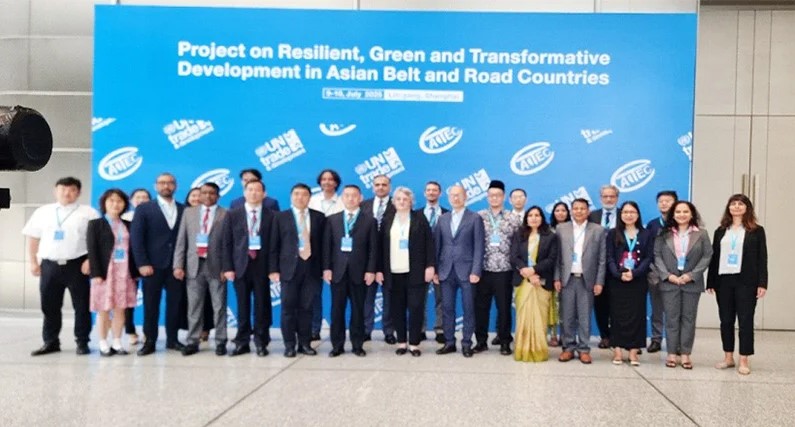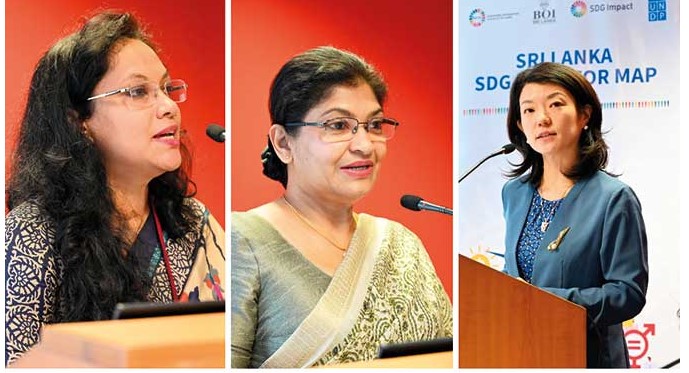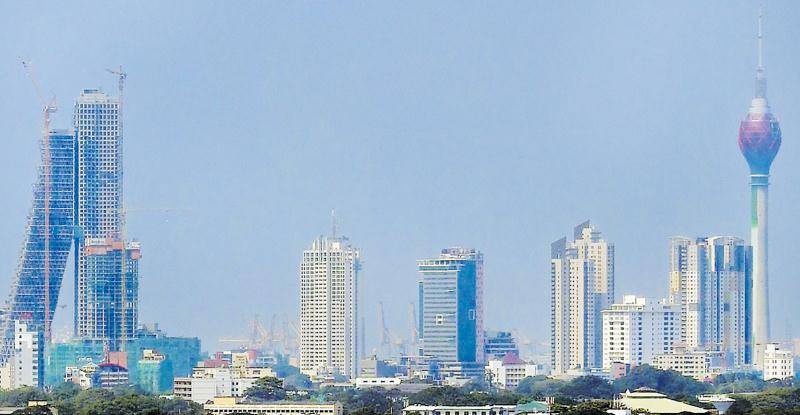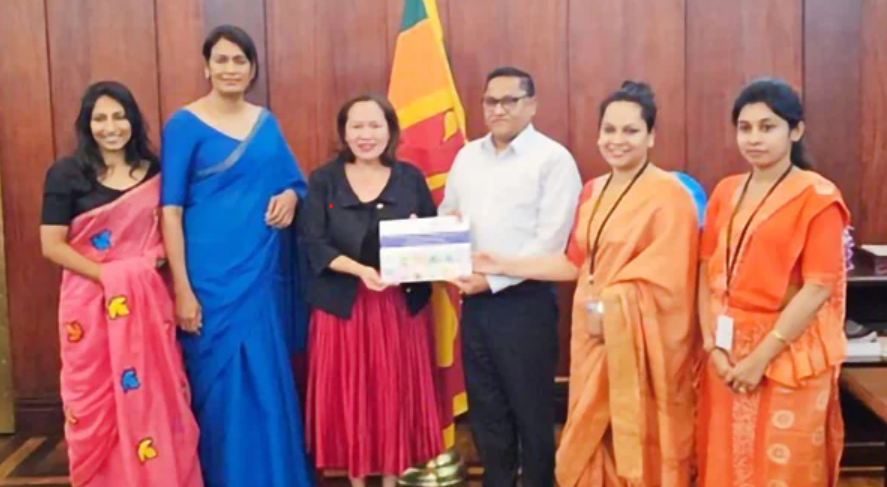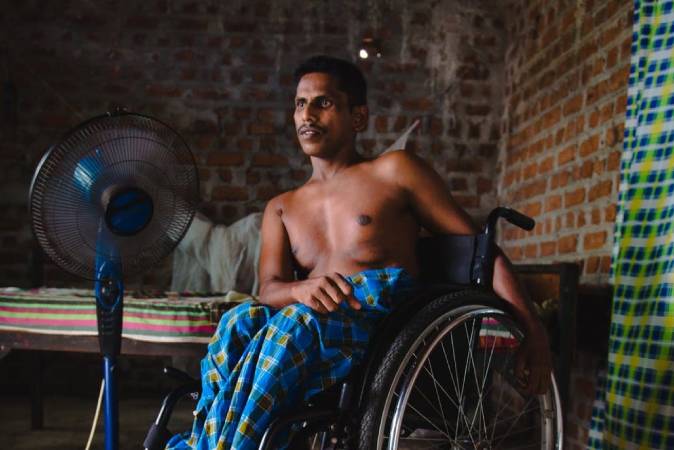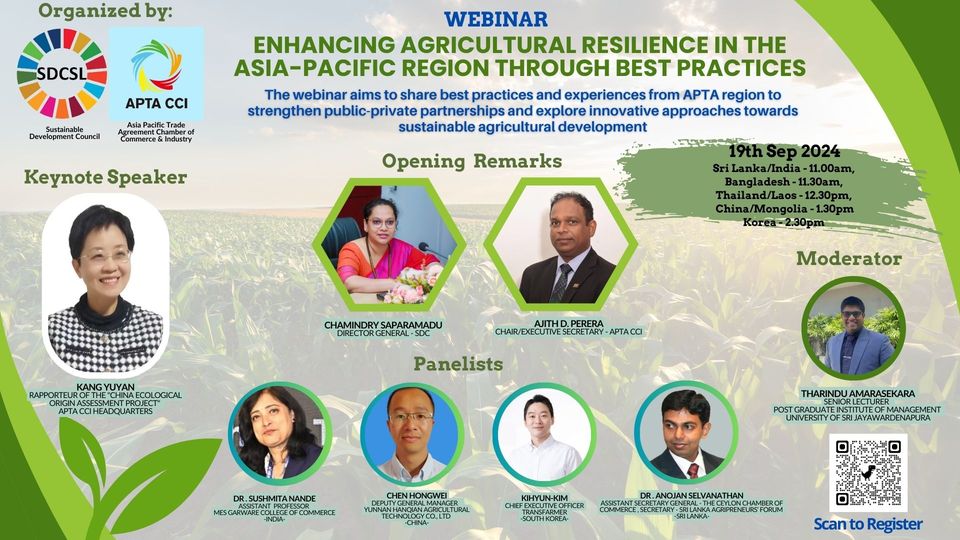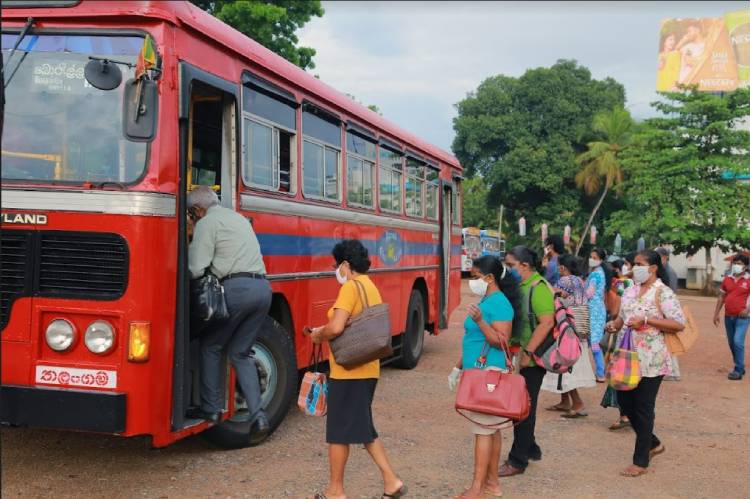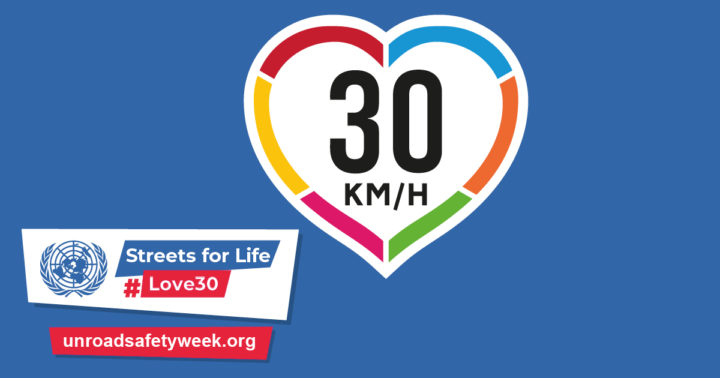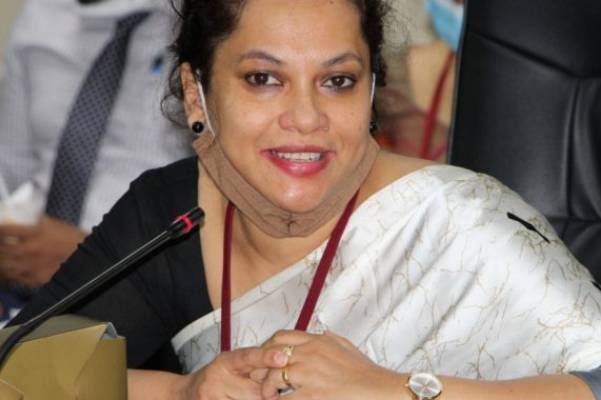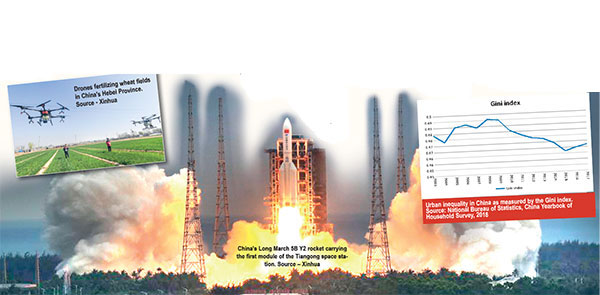- Details
Prime Minister Dr. Harini Amarasuriya held a series of high-level bilateral meetings on January 21 on the sidelines of the World Economic Forum in Davos, Switzerland, engaging with representatives of the European Union, the United Nations Development Programme, and the global private sector.
- Details
- Details
ඇත්තටම ගෑස් පුපුරන්නේ ඇයි?
පසුගිය සති කීපය පුරා සිදුවූ ගෑස් පිපිරීමේ සිද්ධීන් නිසා, සෑම ගෙදරකම පාහේ එදිනෙදා බත සකස් කරගැනීමට සහයක් වූ තම ගෑස් සිලින්ඩරය සහ ළිප දෙස වපරැසින් බලන්නට මහජනතාවට සිදුවී තිබේ. එනමුත් මෙසේ ගෑස් ළිප් පුපුරන්නේ ඇයි දැයි කියා කවුරුවත් හරියට දන්නේ නැත. ඒ ගැන සමාගම් කියන්නේ වෙනත් කතාවකි. පාරිභෝගිකයන්ගේ අත්දැකීම් තවත් කතාවකි. ඒ අතරේ ගෑස් පිපිරීම් ගැන දේශපාලනඥයන් කියන්නේ අමුතුම කතාවකි. ඇත්තටම ගෑස් පුපුරන්නේ ඇයි? මේ ඒ ගැන මොරටුව විශ්වවිද්යාලයේ යාන්ත්රික ඉංජිනේරු අංශයේ ජ්යෙෂ්ඨ ආචාර්ය ඉනෝකා මන්තිලක සමග කළ සාකච්ඡාවක් ඇසුරෙන් සකස් කළ ලිපියකි.
- Details
මහජන චීන සමූහාණ්ඩුවේ නිල සංචාරයක නිරත වූ අග්රාමාත්ය ආචාර්ය හරිනි අමරසූරිය ඊයේ (14) බීජිං හි චීන කොමියුනිස්ට් පක්ෂ කෞතුකාගාරය නැරඹීමට එක් විය. මෙම සංචාරය මඟින් කොමියුනිස්ට් පක්ෂයේ ඓතිහාසික ගමන් මඟ සහ දශක ගණනාවක් පුරා චීනයේ සමාජීය හා ආර්ථික පරිවර්තනය පිළිබඳ අවබෝධයක් ලබා ගැනීමට අවස්ථාවක් සැලසිණි.
- Details
ශ්රී ලංකාවේ තිරසාර සංවර්ධන ඉලක්ක සාක්ෂාත් කර ගැනීම සඳහා අන්තර්ගත සහ තිරසාර ව්යාපාර ප්රවර්ධනය කිරීමේ උපාය මාර්ගයන් සම්බන්ධ වූ විශේෂ කතිකාව පසුගියදා කොළඹදී පැවැත්වුණි.
- Details
දේවධර්මවාදී යුගයක් පසු කළ පසු මිනිසා පුනරුදය තුළින් කාර්මීකරණය ළඟා කරගත් පසු මුළු ලෝකයේම ලෝකයේ ම එක් ආකාරයකට තිබූ සැකැස්ම සම්පූර්ණයෙන් කණපිට හැරුණි.ඒ අනුව කර්මය කරනය හරහා ස්වභාවික පරිසරය අභිබවමින් මිනිසා තාක්ෂණිකව ඉදිරියට යාමක් සීඝ්රයෙන් දක්නට ලැබිණි .විසිඑක්වන සියවස පසු කරන නූතන මිනිසා සමාජමය අතින් සහ ආර්ථිකමය අතින් උස්පහත්වීම්වලට භාජනය වෙමින් මේ වන විට අසීරු ගමනක නිරත වෙමින් තිබෙනවා.නමුත් තාක්ෂණයේ පිහිටෙන් තවමත් මිනිසා රැකී තිබෙනවා.
- Details
Since 2022, UN Trade and Development (UNCTAD) has been leading a Project on Integrated Policy Strategies and Regional Policy Coordination for Resilient, Green and Transformative Development supporting selected Asian Belt and Road (BRI) partner countries, namely, Turkey, Kazakhstan, Malaysia and Pakistan in their efforts to meet the Sustainable Development Goals (SDGs) related to green transformation.
- Details
Sri Lanka stands at a critical juncture, seeking avenues for sustainable development while positioning itself as a responsible global player. In this pursuit, sustainable finance and private capital have emerged as a transformative force, offering a unique opportunity to address pressing environmental and social challenges while driving economic growth.
- Details
By Sheron Hewawaduge
Innovation is an essential driver of economic progress. The 2030 agenda for Sustainable Development goes beyond economic growth and requires innovation for sustainability. Process innovation to decouple economic growth from environmental degradation is of a great importance to achieve sustainable development.
- Details
The Sustainable Development Council (SDC), together with the International Organization for Migration (IOM) Sri Lanka, recently presented the National Framework to Measure the Progress and Contribution of Migration towards achieving the Sustainable Development Goals (SDGs) to Minister of Foreign Affairs, Foreign Employment & Tourism, Vijitha Herath at the Ministry premises. The National Framework was presented jointly by the Director General of SDC, Chamindry Saparamadu and the Chief of Mission of IOM Sri Lanka, Kristin Parco in the presence of senior officials from SDC, IOM and the Ministry of Foreign Affairs.
- Details
Representatives of the United Nations Development Program said that Sri Lanka will be supported in achieving the country’s Sustainable Development Goals.
- Details
Empowering SL’s disabled community to become active contributors in achieving the 2030 Agenda
By Chamoda Halambaarachchi
- Details
- Details
- Details
Calls for integrated planning as working in silos ineffective
Sri Lanka moves up 7 positions in global ranking
Council calls for directives from top-level to fast-track SDG implementation
Page 1 of 4

